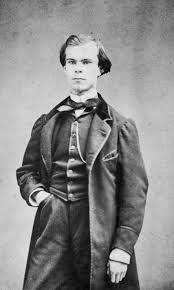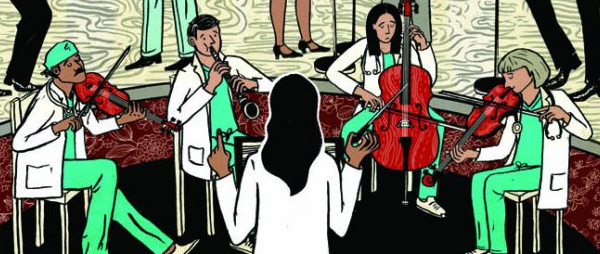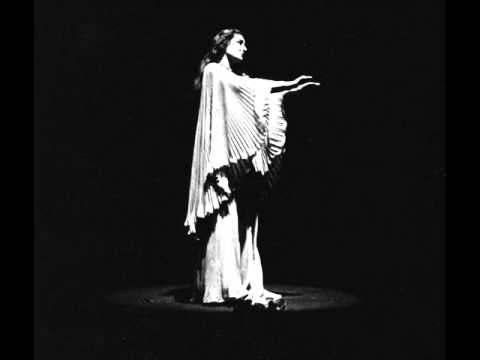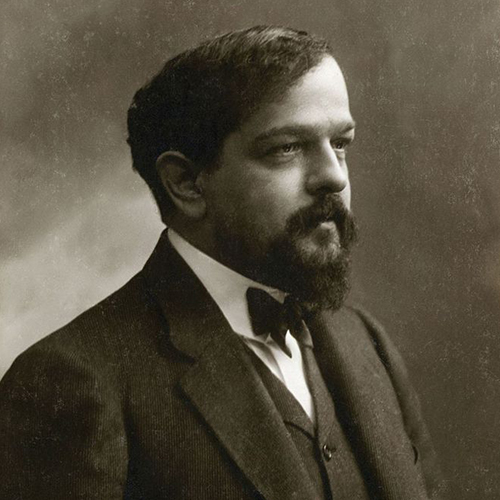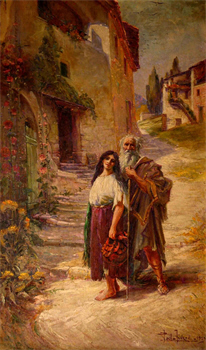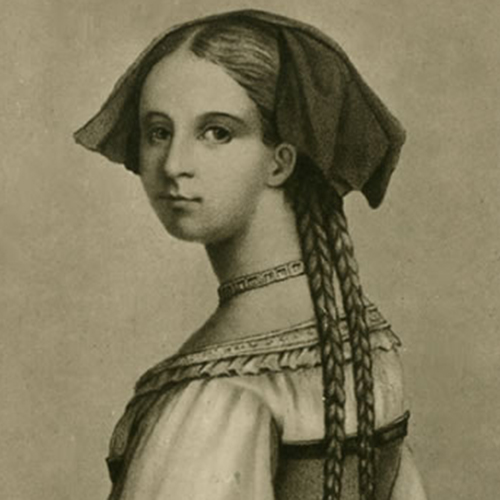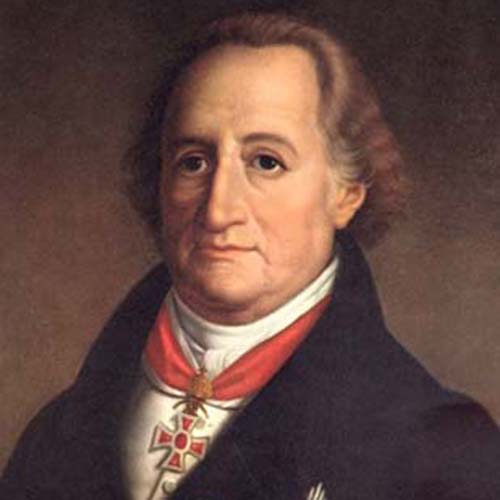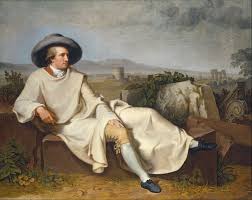In 1911 Claude Debussy was questioned in the journal “Musica” on the ideal text to set to music. Having skeptically illustrated a number of possibilities, the composer declared his preference for rhythmic prose, adding that the composer himself should write
In tune
With the medical world up to their necks in the COVID-19 virus outbreak, medical people will not be getting much rest. But when things do get back to normal, they will be turning back to one of their greatest loves,
In 1982, American artist Julian Schnabel mixed what we might consider high and low culture in his four Maria Callas paintings. These highly abstract works, entitled Maria Callas #1, #2, #3, and #4, were painted on a beautiful dark red/purple
Claude Debussy (1862-1918) is famous for his one opera, Pelléas et Mélisande, an opera of seduction and loss. But this was not his only assay into opera. He started work after work, leaving them incomplete: Hélène (1881), Diane au bois
“Nur wer die Sehnsucht kennt” (Only he who knows longing) is one of four Mignon songs in Goethe’s Wilhelm Meister written in 1795. These songs are symbolic, because they are sung and not recited by the main characters. The episode
Goethe’s most famous lyric with refrain is undoubtedly “Heidenröslein” (Heath Rose). The poem is a sustained metaphor for the deflowering of a maiden, and it possibly originated during Goethe’s stay in Strasbourg. During his two-year stay, the 21-year-old poet fell
Goethe’s Wandrers Nachtlied II (Über allen Gipfeln) is considered by many to be the most perfect lyric in the German language. The poet is supposed to have written the poem on the evening of 6 September 1780 onto the wall
Johann Wolfgang von Goethe (1749-1832) wrote his famous poem “Das Veilchen” (The Violet) in 1774 as an allegorical song for his theatrical play with songs Erwin and Elmire. He reworked it during his Italian journey in 1787/88, and this second

